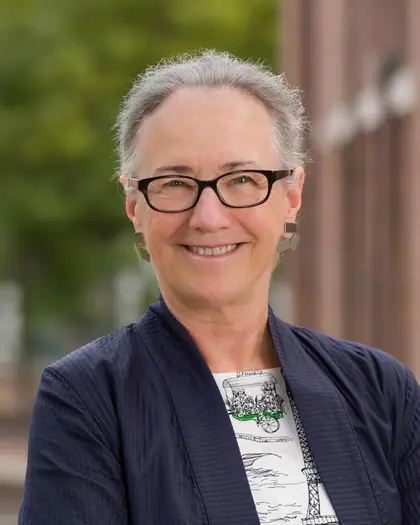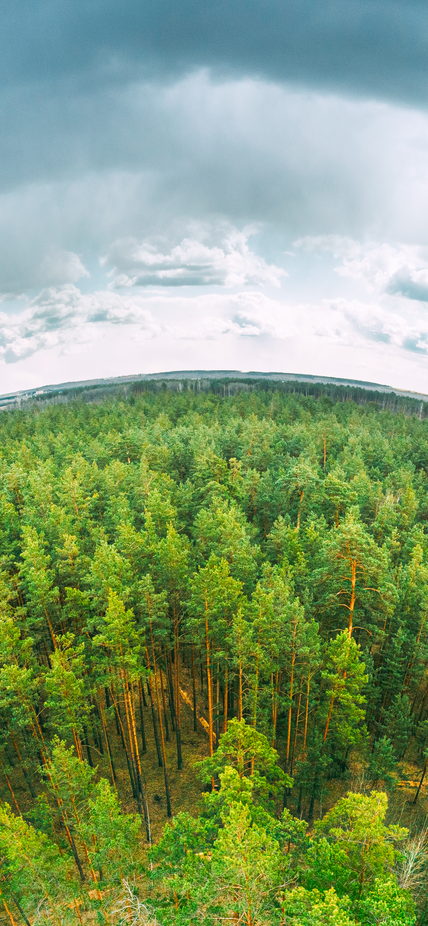
Washington, DC—Pioneering microbiome specialist Margaret McFall-Ngai has been named the inaugural director of Carnegie’s newly launched research division focused on life and environmental sciences, which will deploy an integrated, molecular-to-global approach to tackling the challenges of sustainability, resilience, and adaptation to a changing climate. McFall-Ngai will join the institution in January, 2022, from the University of Hawai‘i at Mānoa, where she is a professor at the Pacific Biosciences Research Center’s Kewalo Marine Laboratory and the center’s director emerita.
“Margaret’s exemplary research and groundbreaking vision are the perfect combination to guide a cross-disciplinary effort that will bring Carnegie’s existing departments of Embryology, Global Ecology, and Plant Biology together as a new division with an interdisciplinary research model,” said Carnegie President Eric D. Isaacs. “I am confident that with Margaret’s leadership, Carnegie’s biologists and ecologists will produce groundbreaking discoveries and reach new heights of leadership in the scientific enterprise.”
McFall-Ngai is a recognized thought leader regarding the cornerstone role microbiology plays in the life sciences. Her research specializes in beneficial relationships between animals and bacteria, including the establishment and maintenance of symbiosis, the evolution of these interactions, and how they affect the animal’s health.
Much of her work has concerned the relationship between the bobtail squid and the luminescent bacterium Vibrio fischeri, which colonizes the nocturnal cephalopod and allows it to camouflage itself by Moon- and starlight to hunt and escape predators. Using this association as a model, she has been able to elucidate many details about how the microbiome shapes various aspects of animal life, including development and longevity.
This expertise aligns with both longstanding and new scientific initiatives spearheaded by Carnegie biologists and ecologists. Additionally, her research philosophy will provide an innovative framework by which the existing departments can position their common areas of interest to define a new research paradigm. She will also oversee the development and construction of a new state-of-the-art research facility in Pasadena, California, that will be home to the division.
“To comprehensively address civilization-wide issues such as climate change, global hunger, sustainable energy, and environmental impacts on human health, the life and environmental sciences must tear down silos and work across scales from genomes to ecosystems,” McFall-Ngai said. “I am thrilled to join the illustrious Carnegie Institution for Science and to think creatively about the opportunities for exciting new directions for investigation presented by the creation of a comprehensive research division for life and environmental science.”
McFall-Ngai was a Guggenheim Fellow in 2010, a Caltech Moore Scholar between 2011 and 2013, and an Andrew D. White Professor-at-Large at Cornell University between 2010 and 2016. She is a member of the National Academy of Sciences, the American Academy of Arts and Sciences, and the American Academy of Microbiology.
She received her undergraduate degree in biology from the University of San Francisco and her Ph.D. in the same from UCLA.
